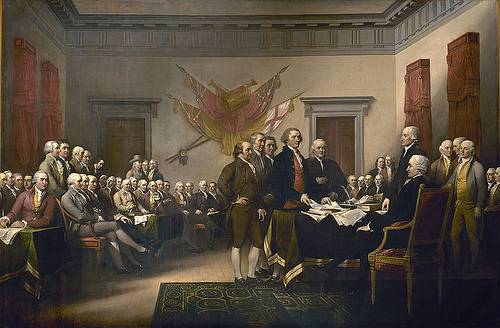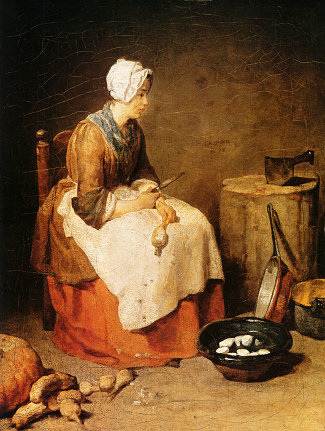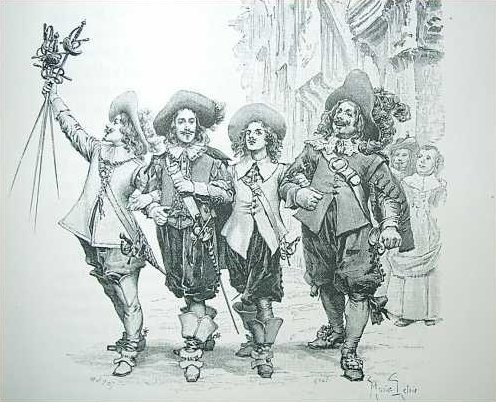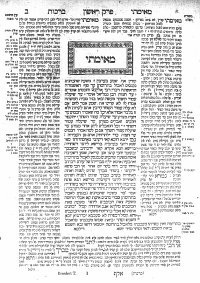Sometime about the 22d of September 1810, Mr. Elisha Wall and his family, consisting of his wife and three grown children, besides several small ones, at his plantation, on Cypress Creek, about 12 miles from Coosawatchie-bridge, in South Carolina, saw passing over his yard, considerably below the height of the trees, on Sunday, directly after dinner, a prodigious quantity of narrow-headed cat-fish, of two sizes, the lesser quantity about two feet long, and the greater about one foot. The largest fish were as walls of defence, on either side of the small ones, about three yards in breadth, and three tiers deep — they were well arranged, in a small distance from each other, so as each to have room to use their fins and tails, without interfering with each other — they were nearly one hour moving slowly from east to west — they had all the motions of real living fish in their natural element, though there was neither cloud nor wind to support their movements. It is said that several thousands must have passed during the time they were viewed. Mr. Wall is an honest man, of truth, sobriety, and industry, whose word in any case, will not be disputed by those who know him — there were also at his house, at the time, five indifferent persons, who also saw this great phenomenon, and are willing, if necessary, to make oath to the fact herein stated.
— “American Papers,” quoted in Kirby’s Wonderful and Eccentric Museum, 1820






